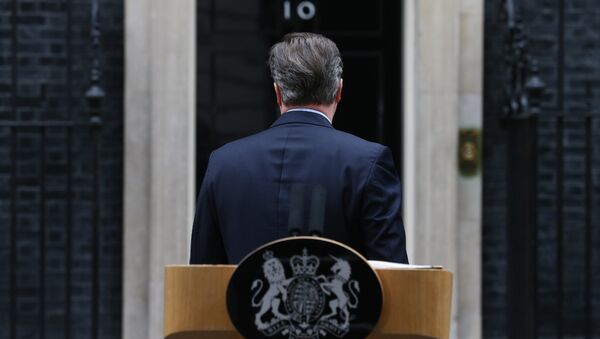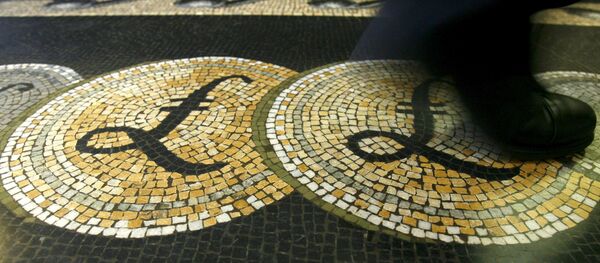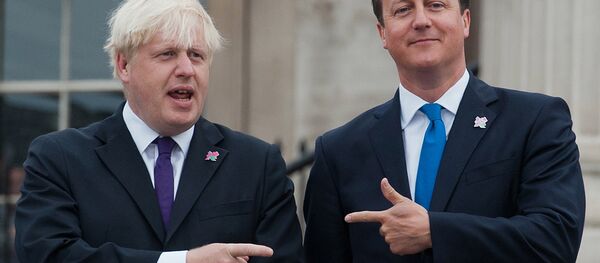Cameron was forced to promise an In-Out referendum on the UK's membership of the EU, because of deep anti-EU sentiment within his own party and the rise of Euroskepticism in the country as a whole, with anti-EU party UKIP polling third in the May 2015 election.
#UkinEU deal struck: will UK special status set a precedent? Interview with @EP_President Martin Schulz.https://t.co/iw95rtunfi
— European Parliament (@Europarl_EN) 22 February 2016
UK's PM had staked his reputation on winning enough concessions that he could campaign for Britain to remain within a "reformed" EU. What he brought back from Brussels was what he called "legally binding and irreversible."
#UKinEU @JunckerEU: "We have a fair deal for Britain,for all Member States,for the EU" https://t.co/3euOLYR8Pj #EUCO pic.twitter.com/LXMuRAm4vb
— European Commission (@EU_Commission) 19 February 2016
In the seven days that have passed, the political landscape in the UK has erupted — and not all gone Cameron's way. From the moment he called an emergency cabinet meeting on the Saturday, following the European Council meeting, and announced the date of the referendum — June 23 - the gloves were off. Politicians and even cabinet members were allowed to express their own views.
First, his Justice Secretary Michael Gove came out and said the deal he had secured was not irreversible nor legally binding. "The facts are that the European court of justice is not bound by this agreement until treaties are changed and we don't know when that will be. I do think it's important that people also realize that the European court of justice stands above every nation state, and ultimately it will decide on the basis of the treaties and this deal is not yet in the treaties," he said.
Downing Street hit back saying he was wrong, but a slew of lawyers has since argued that the agreement reached in Brussels is very much open to legal interpretation and is arguable either way — a fact that has made Cameron's deal look weaker.
Big Boris Bombshell
Next, London Mayor Boris Johnson — a hugely popular, bumbling, highly-quotable, wild-haired politician — announced he would be campaigning to leave the EU. This was a huge blow to Cameron, who had spent 40 minutes with Johnson on the eve of the European Council talks — presumably offering Johnson various promises of government positions, if he backed Cameron. He did not.
The British Conservative Party remains deeply divided over Europe, having fallen out over the original Maastricht Treaty, which went in tow the beginnings of the current European Union. Many are dissatisfied with the loss of powers to Brussels and latest reports suggest the party is split 50:50 between those who will vote to leave the EU in the forthcoming In-Out referendum and those wishing to remain.
Seven days after signing his agreement, Cameron has been dealt another huge blow. Michael Howard who was leader of the Conservative Party from 2003-2005 has thrown his all behind the Leave campaign.
In a devastating article in the Daily Telegraph, Howard wrote: "I had hoped that when the Prime Minister announced his intention to commence negotiations for a new UK-EU relationship he might be able to achieve fundamental reform along these lines. When he spoke of the need for fundamental reform, I believe he may have had something of this kind in mind.
"It is not his fault that those efforts met with failure. It is the fault of those EU leaders so mesmerized by their outdated ambition to create a country called Europe that they cannot contemplate any loosening of the ties which bind member states. There is only one thing that just might shake Europe's leaders out of their complacency: the shock of a vote by the British people to leave," Howard wrote.
They say a week is a long time in politics. For Cameron, his grueling week may feel more like a year. Seven days after hailing Britain's 'special status' in the EU, he has lost some of his own political status at home.




